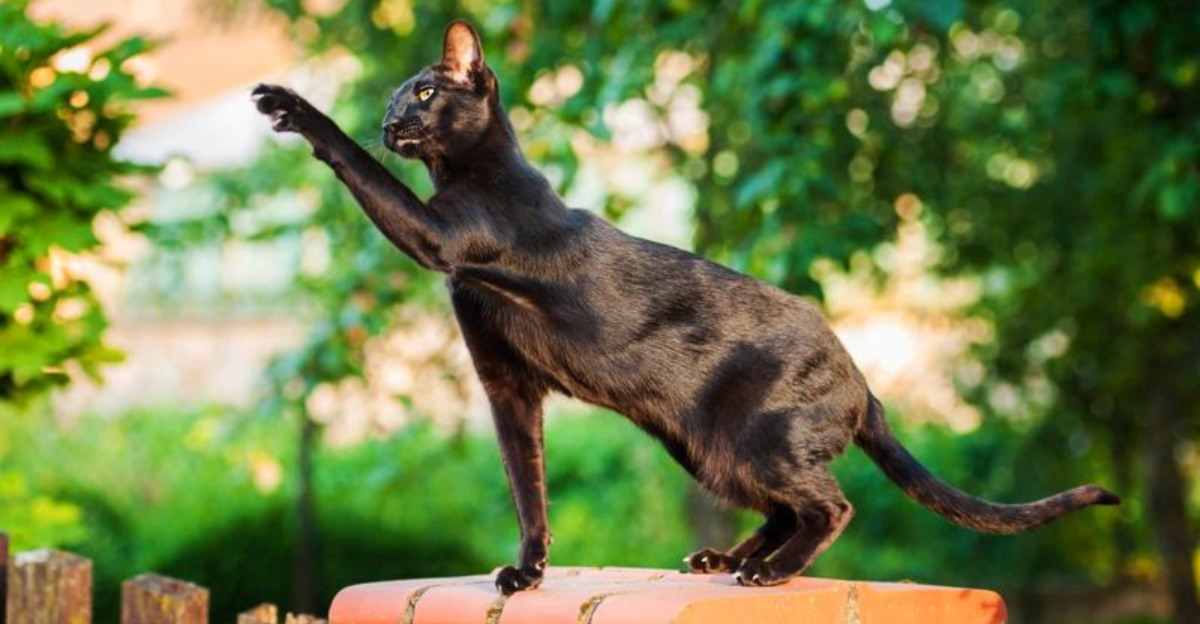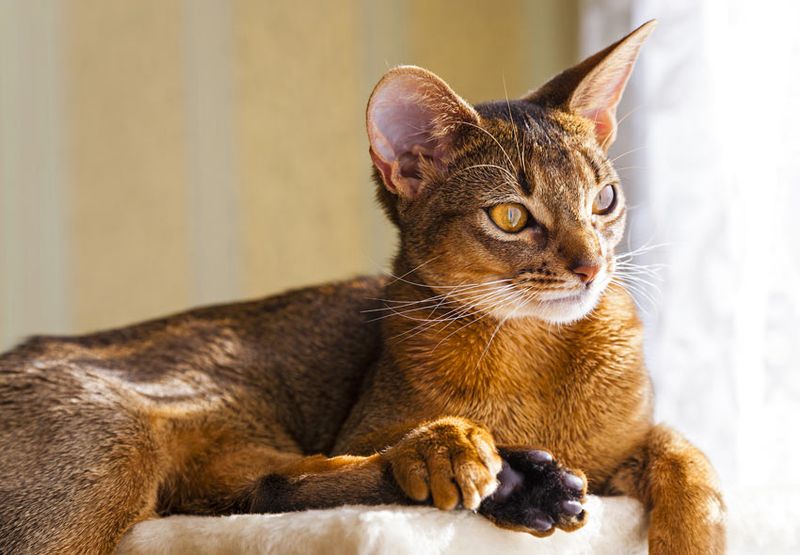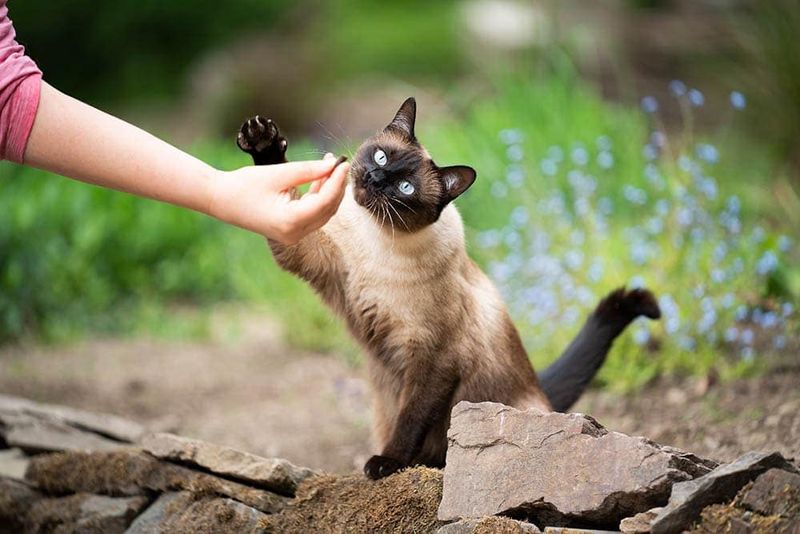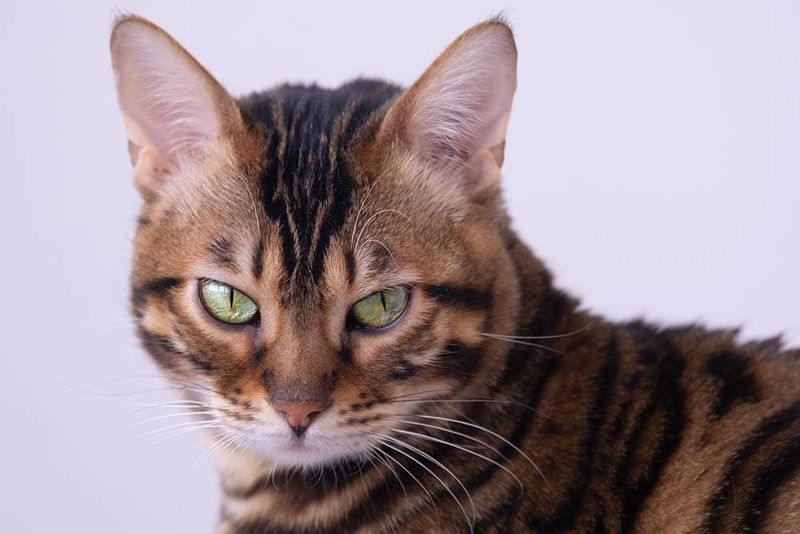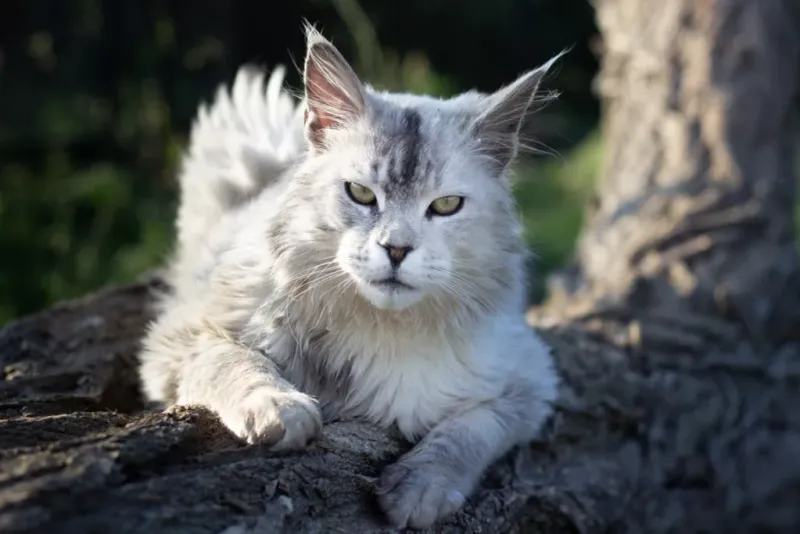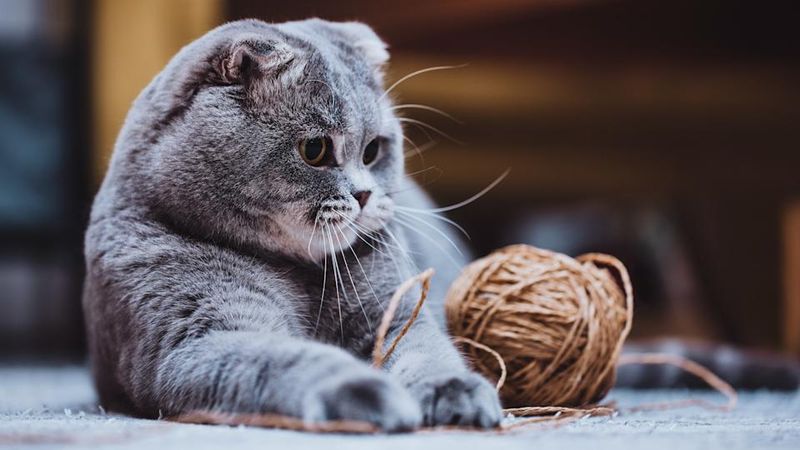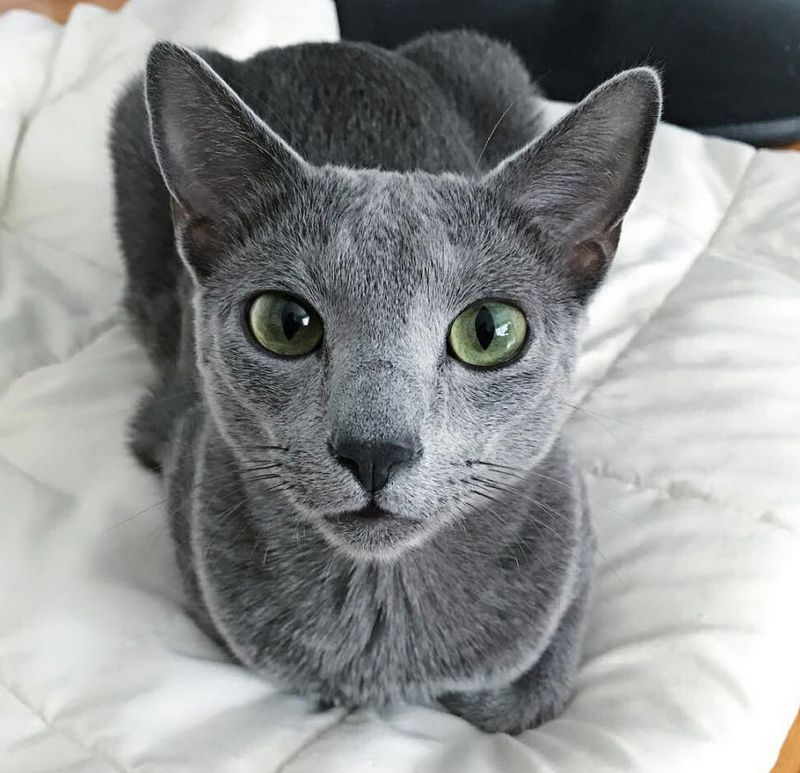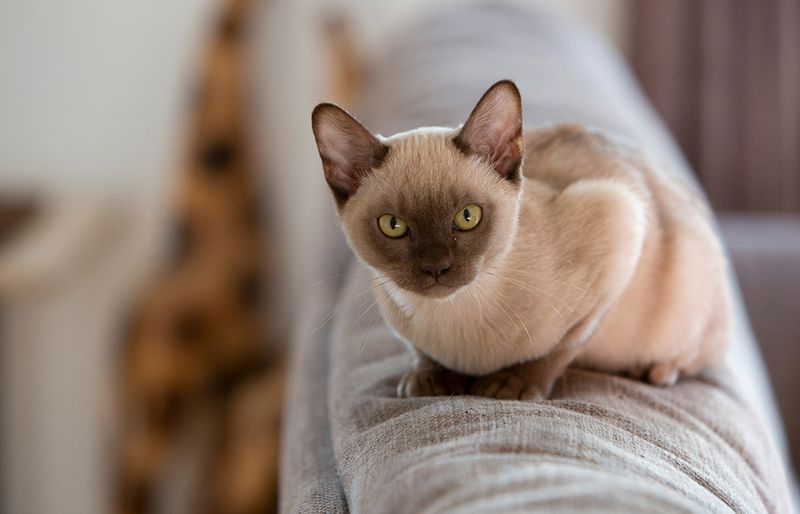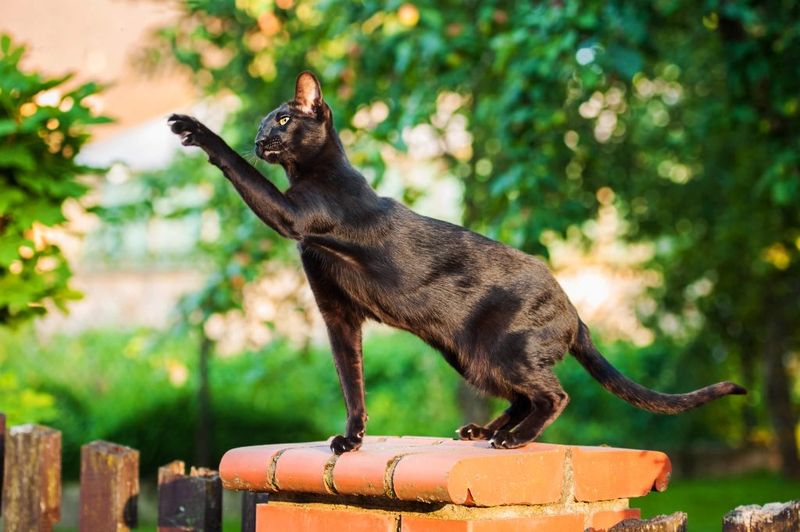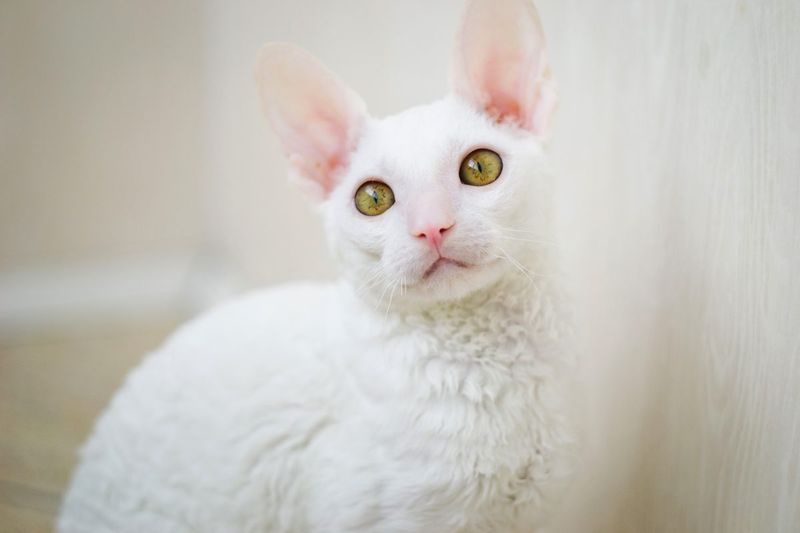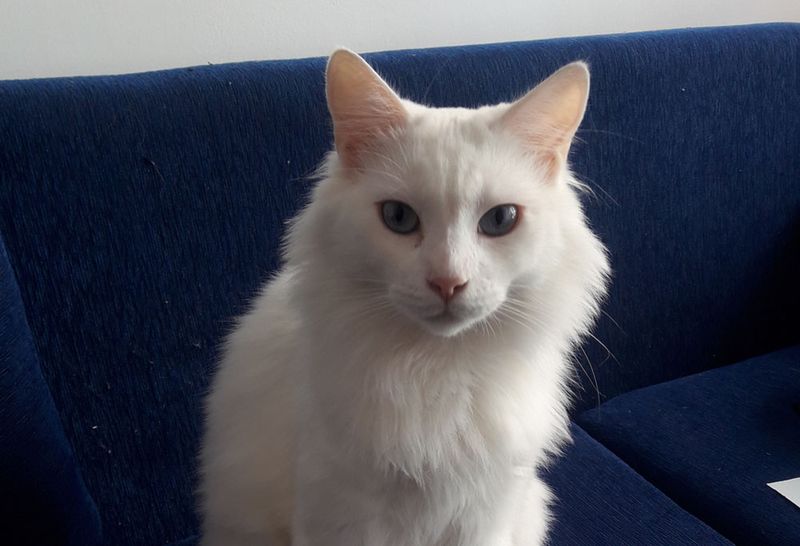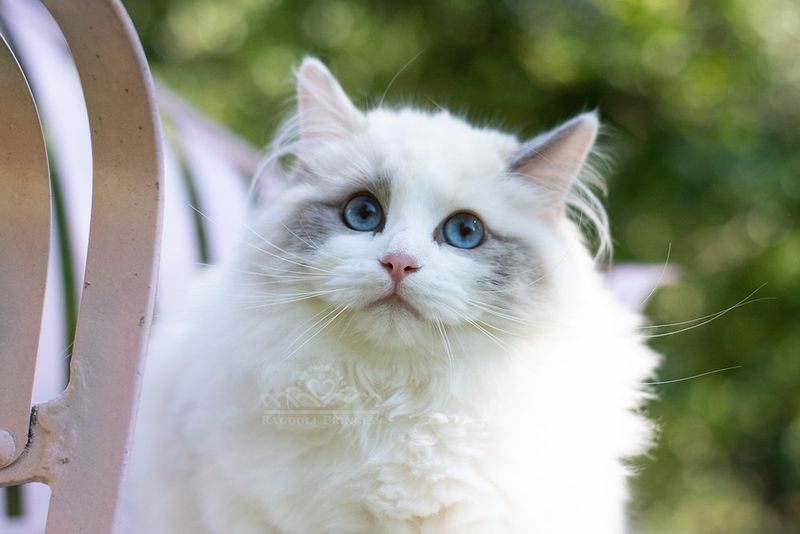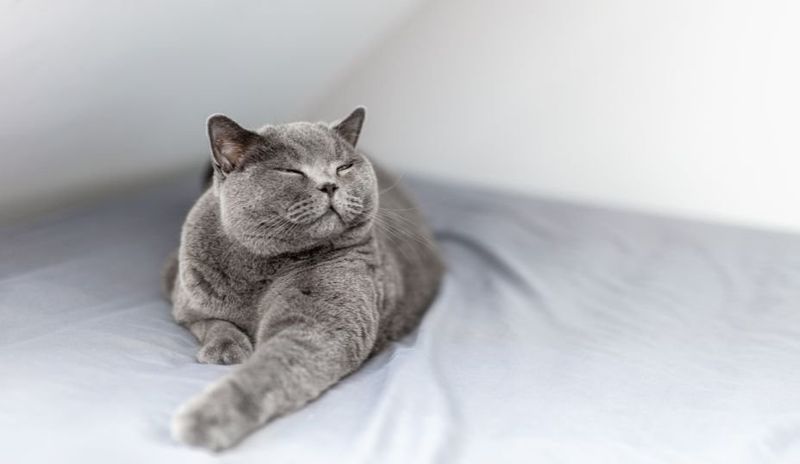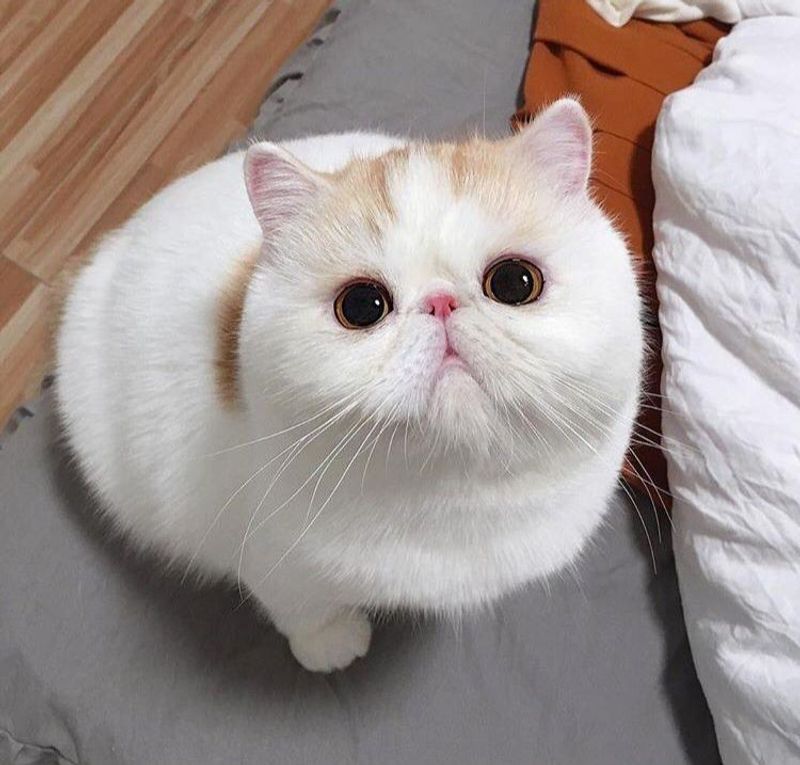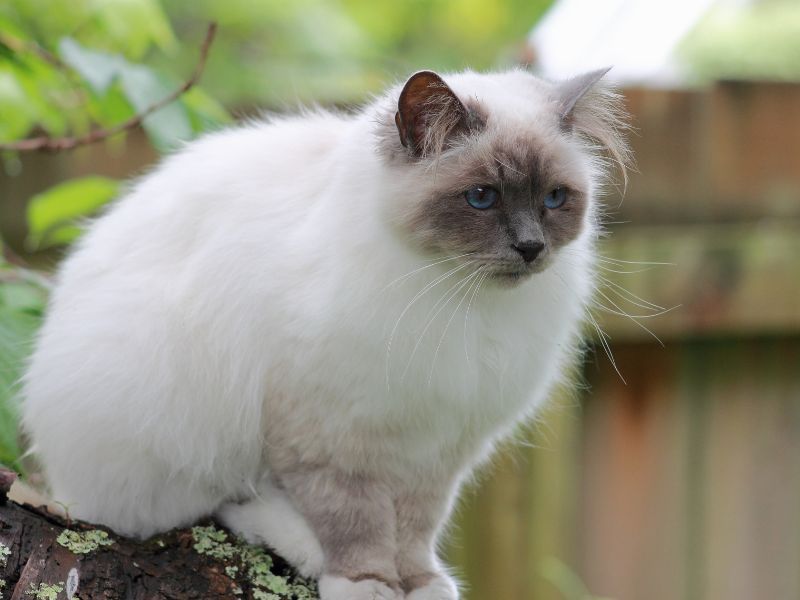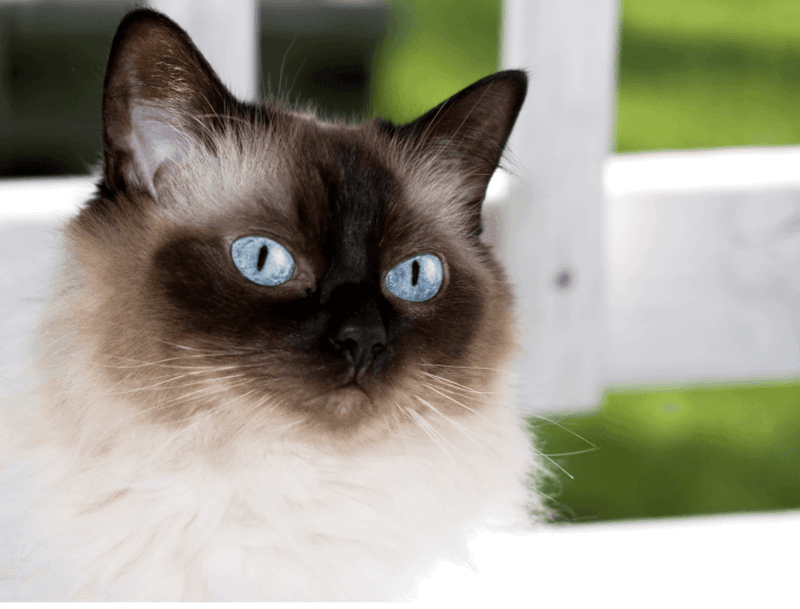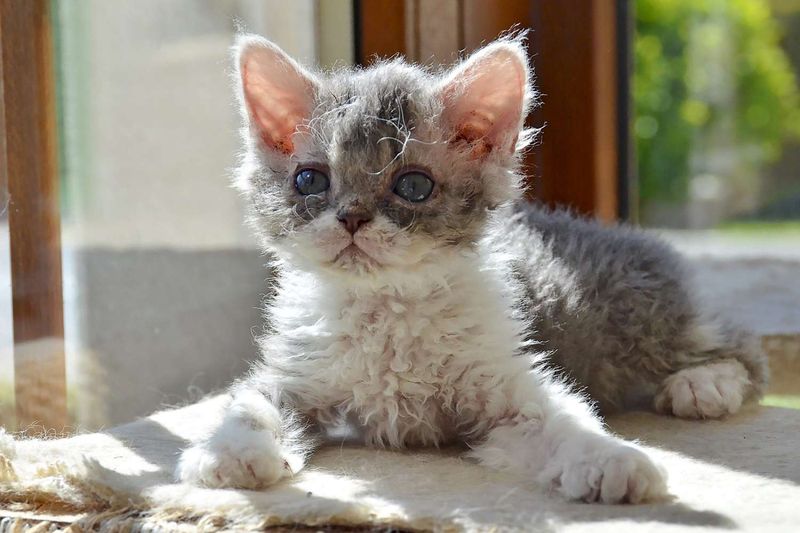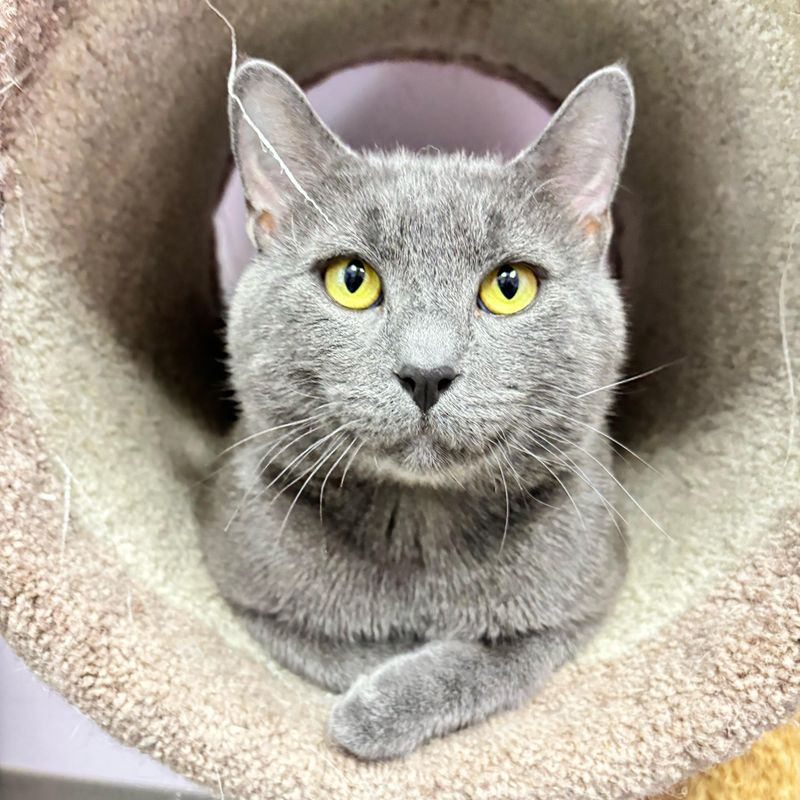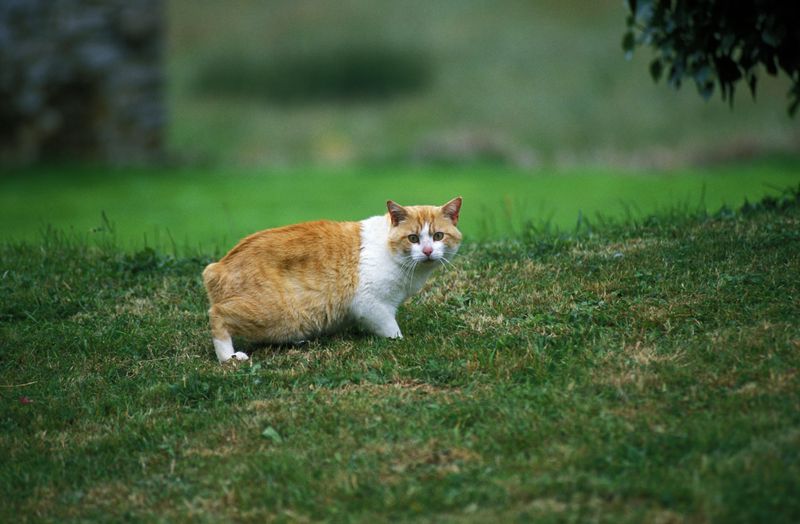📖 Table of Content:
Cats display a wide range of personalities, from endlessly curious to completely carefree. Some are natural problem-solvers, eager to interact with their surroundings and learn through play. Others are more relaxed, content to nap and enjoy quiet company without much stimulation.
Recognizing a cat’s mental needs and energy levels can improve both their well-being and your daily routine. Intelligent, active breeds often thrive on enrichment, challenges, and variety. Meanwhile, calmer cats appreciate stability, comfort, and a peaceful space to unwind.
Selecting a breed that aligns with your lifestyle can lead to a more rewarding relationship. A high-energy, brainy cat may keep things exciting, while an easygoing breed brings steady companionship. Matching personality with environment is key to a happy feline home.
1. Abyssinian
Abyssinians act like tiny detectives, constantly investigating every corner of your home. Their curious minds never rest, making them excellent candidates for interactive toys and training sessions.
These athletic cats excel at learning tricks and solving food puzzles. They remember routines quickly and often figure out how to open cabinets or doors.
Owners find success with clicker training and agility courses. Abyssinians thrive when given mental challenges that match their high intelligence and boundless energy levels.
2. Siamese
With impressive intelligence and a strong vocal presence, Siamese cats make sure they’re noticed. They’re quick to recognize their names and will often respond to being called.
These social butterflies enjoy interactive games that challenge their sharp minds. Many owners teach them to fetch, sit, and even walk on leashes with proper training.
Their intelligence comes with strong opinions about everything. Siamese cats figure out daily routines and will remind you when meal time arrives through persistent meowing and clever attention-getting behaviors.
3. Bengal
Born with wild instincts, Bengals are exceptional climbers and hunters. Their leopard lineage is evident in their desire to scale heights and explore water with curiosity.
These energetic cats need complex environments with multiple levels and hiding spots. They quickly master puzzle feeders and enjoy games that mimic hunting behaviors.
Many Bengal owners install cat shelving systems and provide rotating toys to prevent boredom. Their intelligence requires constant stimulation, making them perfect for families who enjoy interactive pet relationships and training challenges.
4. Maine Coon
Known for their gentle nature, Maine Coons also possess sharp minds and a knack for solving problems. They may look easygoing, but they enjoy engaging their brains and learning new tricks.
These gentle giants excel at opening doors, cabinets, and containers. Their large paws give them advantages when manipulating objects and solving food puzzles.
Owners appreciate their trainable nature and willingness to learn household rules. Maine Coons respond well to positive reinforcement and often develop impressive vocabularies of chirps and trills for different situations.
5. Scottish Fold
Don’t be fooled by their sweet faces—Scottish Folds are smart cats who use clever strategies to get their way. They rapidly learn the patterns of their household and the habits of family members.
These cats excel at opening treat containers and finding hidden food rewards. They remember where their favorite toys are stored and often retrieve them independently.
Their problem-solving abilities shine during play sessions with puzzle toys. Scottish Folds enjoy challenges that require patience and persistence, making them excellent candidates for slow-feeder bowls and treat-dispensing games.
6. Russian Blue
Russian Blues approach problems with methodical precision that impresses their owners. They observe situations carefully before taking action, showing remarkable planning abilities.
These reserved cats prefer mental challenges over physical games. They excel at puzzle feeders and enjoy toys that require strategic thinking rather than high energy.
Their intelligence shows through their ability to read human emotions and respond appropriately. Russian Blues often learn complex routines and adapt quickly to changes in their environment with careful observation.
7. Burmese
Full of energy and intelligence, Burmese cats quickly master tricks that entertain their families. Their ability to retain lessons over time makes them excellent learners.
These social cats enjoy interactive games that involve their human families. They learn to play fetch naturally and often invent their own games using household objects.
Their intelligence extends to emotional awareness, making them excellent therapy cats. Burmese cats read moods accurately and provide comfort when needed, while still maintaining their love for mental stimulation and challenges.
8. Oriental Shorthair
With intense curiosity, Oriental Shorthairs eagerly explore their surroundings. They carefully examine new objects and have an impressive memory for what they discover.
These vocal cats communicate their needs clearly and learn to associate words with actions. Many owners report their Orientals understanding basic commands and responding appropriately.
Their athletic build supports their love of climbing and jumping puzzles. Oriental Shorthairs thrive with vertical spaces and complex toys that challenge both their physical abilities and sharp minds.
9. Cornish Rex
Cornish Rex cats approach life with boundless curiosity and acrobatic problem-solving skills. Their unique coat texture matches their unusual intelligence and creative thinking patterns.
These energetic cats excel at agility training and complex puzzle games. They learn to navigate obstacle courses quickly and enjoy challenges that combine physical and mental elements.
Their playful nature extends well into adulthood, making them ideal for families who enjoy interactive pets. Cornish Rex cats often invent games and find creative solutions to access favorite sleeping spots.
10. Turkish Angora
Known for their sharp minds, Turkish Angoras manipulate their environment to get what they want. They learn to open doors, activate faucets, and access even the highest spots.
These confident cats enjoy learning tricks and showing off their abilities to visitors. They respond well to clicker training and often learn multiple commands quickly.
Their problem-solving skills extend to social situations where they mediate between other pets. Turkish Angoras read group dynamics well and often serve as peacekeepers while maintaining their own intellectual independence and curiosity.
1. Ragdoll
Named for their tendency to go floppy when held, Ragdolls are known for their gentle, laid-back demeanor. Their preference for calm, low-stress environments shines through in their behavior.
These gentle giants spend most of their day finding the perfect sunny spot for extended napping sessions. They move slowly and deliberately, conserving energy for essential activities like eating and gentle play.
Their calm temperament makes them ideal apartment cats who won’t disturb neighbors. Ragdolls prefer simple toys and quiet interaction over complex puzzles or high-energy games that might disrupt their serene lifestyle.
2. British Shorthair
British Shorthairs embody the phrase ‘steady as she goes’ with their unflappable personalities and preference for routine. These cats rarely get excited about anything beyond meal time.
Their stocky build suits their sedentary lifestyle perfectly. They choose comfortable spots strategically and rarely move unless absolutely necessary for food or bathroom breaks.
These independent cats appreciate quiet households where they can observe family activities from their chosen perches. British Shorthairs prefer gentle petting sessions over active play, making them perfect for calm families.
3. Exotic Shorthair
Combining the gentle temperament of Persians with simpler grooming, Exotic Shorthairs are ideal cuddle buddies. Their distinctive flat faces and quiet breathing enhance their calm presence.
These cats prefer indoor environments where they can control their comfort levels. They seek out the softest surfaces and warmest spots for their frequent napping sessions.
Their laid-back nature makes them excellent companions for elderly people or anyone seeking a peaceful pet. Exotic Shorthairs rarely demand attention, instead offering quiet companionship and stress-reducing purrs.
4. Birman
Birmans possess an almost zen-like quality that brings tranquility to any household. Their serene expressions and slow movements create an atmosphere of peace and contentment.
These cats prefer observing family activities from comfortable distances rather than participating actively. They choose elevated spots where they can survey their domain while remaining relaxed.
Their gentle nature extends to their play preferences, favoring soft toys and slow-paced games. Birmans appreciate predictable routines and quiet environments where they can maintain their naturally calm and meditative state.
5. Himalayan
Inheriting the most relaxing traits from both Persian and Siamese lines, Himalayans are experts at unwinding. They elevate resting with their serene attitude and elegant posture.
Their long coat requires regular grooming, which most Himalayans enjoy as bonding time. They remain still during brushing sessions, treating grooming as extended relaxation therapy.
These cats prefer climate-controlled environments where their thick coats won’t cause overheating. Himalayans choose cool tile floors or air-conditioned rooms for their extended rest periods throughout the day.
6. Selkirk Rex
With their unique curly fur and surprisingly gentle temperaments, Selkirk Rex cats defy expectations. Their relaxed demeanor contrasts with the lively appearance their coats suggest.
These cats prefer gentle activities that won’t disturb their carefully arranged curls. They enjoy sunbathing and slow grooming sessions that maintain their coat’s natural texture.
Their patient nature makes them excellent therapy cats who provide comfort without overwhelming energy. Selkirk Rex cats adapt well to quiet households and appreciate owners who respect their need for peaceful environments.
7. Chartreux
Bringing a touch of French charm, Chartreux cats master the art of serene relaxation. These gentle felines speak little, choosing instead to communicate with quiet purrs and calm expressions.
Their muscular build might suggest activity, but Chartreux cats conserve energy for essential tasks. They move with purpose but spend most of their time in comfortable resting positions.
These cats appreciate routine and predictability in their daily schedules. Chartreux cats form strong bonds with their families while maintaining their independent, low-maintenance personalities that require minimal entertainment or stimulation.
8. Manx
Manx cats compensate for their missing tails by perfecting the art of comfortable positioning. Their unique body structure naturally encourages a more sedentary lifestyle.
These cats prefer ground-level activities and comfortable seating arrangements. They choose spots that support their distinctive body shape and allow for extended relaxation periods.
Their calm demeanor makes them excellent indoor companions who rarely cause disruption. Manx cats appreciate quiet households where they can maintain their peaceful routines without pressure to engage in high-energy activities or complex challenges.
